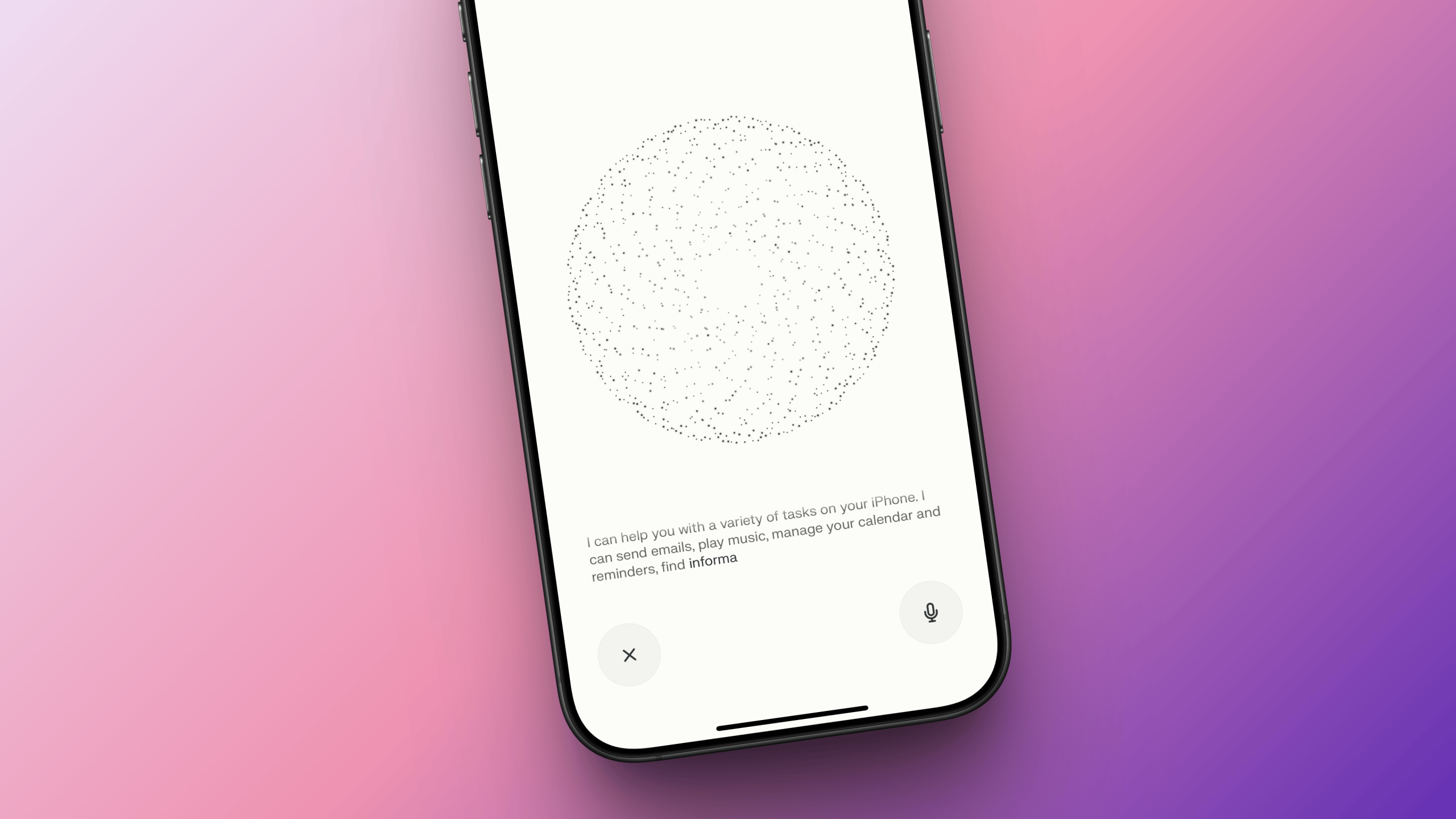Now Reading: Google’s AI Overview Highlights Emerging Challenges
-
01
Google’s AI Overview Highlights Emerging Challenges
Google’s AI Overview Highlights Emerging Challenges

### Rapid Summary
– Google AI Overviews have been observed providing fabricated explanations for nonsensical phrases, such as “peanut butter platform heels.”
– several other fake idioms gained traction online due to similar AI-generated definitions, including “you can’t lick a badger twice” and “the bicycle eats first.”
– Google has updated its systems to prevent AI Overviews from displaying definitions for nonsensical queries.
– Direct interactions with AI chatbots like Gemini, Claude, and ChatGPT offer nuanced responses by flagging nonsense phrases while attempting logical explanations.
– Concerns persist about the accuracy of Google’s AI approach in synthesizing facts from web content. Example: Incorrectly attributing R.E.M.’s album recording location based on mixed sources.
– Google’s official statement explained that their system tries to offer relevant results even when limited or unreliable web content is available.



—
### indian Opinion Analysis
The issue highlights the challenges of relying solely on generative AI for interpreting online data.While India’s digital ecosystem increasingly turns towards technologies like these in educational tools, search engines, and customer services, errors stemming from oversynthesis could undermine trust in automated systems.As companies like Google refine their models further to counteract mistakes caused by fabricated or obscure queries, there’s an opportunity for India-a growing hub of tech innovation-to focus on creating robust frameworks that blend machine efficiency with human oversight. This balance might ensure more reliable information delivery across applications critical to governance,education reforms using Ed-tech integration safely curated search-growth expansions etc industries .
These aspects creates improved tighter model architecture avoiding jeopardizing broad-scale high uses suites.! Read More https:// threads-post}-)























